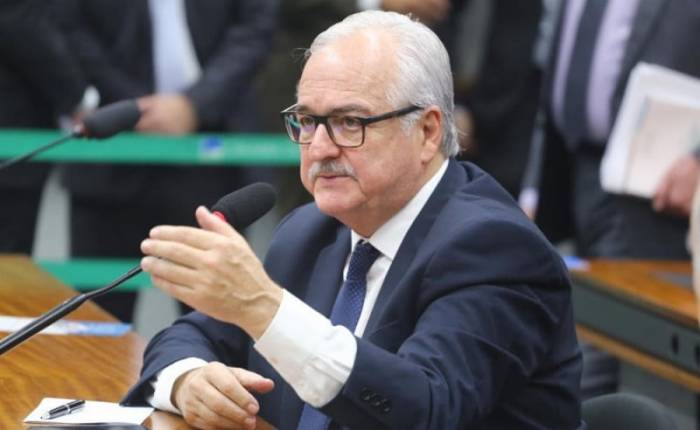Brazilian Wine Faces 86.9% Tax Hike Under Proposed Reform, Threatening R$50 Billion Industry
2025-11-17
Producers warn higher taxes could undermine jobs, exports and global competitiveness as lawmakers debate sweeping fiscal changes.

The Brazilian wine industry is facing a critical moment as the country’s proposed tax reform threatens to significantly increase the tax burden on wine. During a recent public hearing at the Finance and Taxation Committee in Brasília, Maurício Salton, director of the Brazilian Wine Union (UVIBRA), presented a simulation showing that the tax rate on wine could rise from 29.9% to 54.94%. This represents an 86.9% increase, raising concerns among producers, lawmakers, and industry leaders.
The hearing was presided over by Congressman Pedro Westphalen (PP/RS), who has become a key figure in efforts to protect the sector. Westphalen is working with industry representatives to prevent what he describes as a threat to one of Brazil’s most sophisticated and qualified production chains. He emphasized that the wine sector is not only economically important but also holds cultural and social significance for many regions across the country.
While Brazilian wine has long been associated with Rio Grande do Sul, production now extends to more than 17 states, including Bahia, Espírito Santo, Minas Gerais, Brasília, Paraná, and Santa Catarina. The industry generates over R$50 billion annually, supports hundreds of wineries, and provides thousands of jobs. Westphalen highlighted that this growth is the result of decades of investment in technology, education, and professionalization. Many winemakers are descendants of early settlers who have sought formal training and improved vineyard management techniques. They have identified suitable terroirs and raised the quality of Brazilian wines to international standards.
Brazilian sparkling wines and still wines have won awards abroad and now compete with European labels in terms of quality and complexity. This progress has helped position Brazil as an emerging player in the global wine market.
Westphalen also addressed misconceptions about wine consumption. As a physician, he argued that wine should not be treated as a harmful product. He described it as a cultural, gastronomic, and social beverage that can offer health benefits when consumed in moderation. Scientific studies have shown that moderate wine consumption can support cardiovascular health.
Beyond taxation, another challenge facing the sector is the illegal importation and counterfeiting of wines, particularly from Argentina and Europe. Smuggled bottles often enter Brazil without paying taxes; some carry fake labels or mix inferior products with reputable brands. This not only undermines local producers but also poses risks to public health.
The financial impact is twofold: domestic wineries lose competitiveness while consumers face potential safety hazards from unregulated products. Despite efforts by federal police to combat these practices, Westphalen called for stricter enforcement and tougher penalties for those involved in counterfeiting. A new law increasing penalties for beverage fraud has already passed in Congress, which he sees as an important step forward.
Westphalen insists that lawmakers must understand the technical details and real-world impacts of tax reform on the wine industry before making decisions. He advocates for data-driven debate so that deputies can vote based on evidence rather than assumptions.
He stressed that protecting the wine sector is a strategic priority because it generates income, adds value to agricultural production, supports exports, and enhances Brazil’s reputation abroad. As he concluded his remarks at the hearing, Westphalen stated that Brazilian wine competes with some of the best in the world and urged policymakers not to hinder its growth but rather to support its continued development.
Founded in 2007, Vinetur® is a registered trademark of VGSC S.L. with a long history in the wine industry.
VGSC, S.L. with VAT number B70255591 is a spanish company legally registered in the Commercial Register of the city of Santiago de Compostela, with registration number: Bulletin 181, Reference 356049 in Volume 13, Page 107, Section 6, Sheet 45028, Entry 2.
Email: contact@vinetur.com
Headquarters and offices located in Vilagarcia de Arousa, Spain.